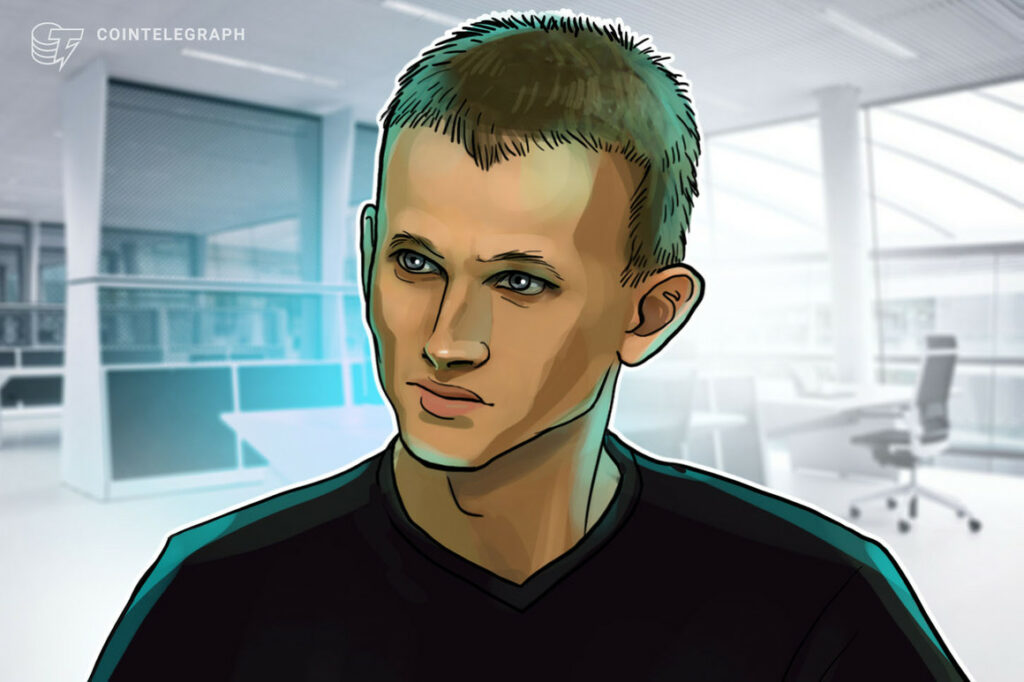The Montenegrin government has begun fulfilling its pledge to become a hub for blockchain innovation by reportedly making Ethereum creator Vitalik Buterin its newest citizen.
Montenegrin news outlet RTCB reported that Prime Minister Zdravko Krivokapić recommended Buterin receive the privilege to help the southeastern European nation promote its efforts to become a blockchain innovation hub.
There does not appear to be an official announcement, however, this photo was reportedly shared by the Minister of Finance and Social Welfare Milojko Spajić when Buterin received his passport.

Montenegro hosted the Ethereum (ETH) co-founder on April 7 at the Future Now! panel discussion hosted by Minister Spajić. There, panelists Buterin, Ethereum researcher Vlad Zamfir, University of Memphis professor of law Boris Mamlyk and Minister Spajić spoke on the legality of the blockchain identity, smart contracts in government and other topics.
Budućnost Sad! Kripto zakon, inovacije, zajednica
Prilika za uspostavljanje zdrave, održive, blokčejn industrije u službi naroda.
V.Buterin – osnivač ETH
V.Zamfir – glavni istraživač ETH
B.Mamlyk – internacionalni profesor prava
M.Spajić – moderatorhttps://t.co/PvBNeQi52n pic.twitter.com/X9WCNJz6eZ— Milojko Spajić (@MickeySpajic) April 7, 2022
In an April 4 meeting, Prime Minister Krivokapić, Buterin and several other government officials also discussed Montenegro’s options in terms of the blockchain industry, as reported by local news outlet Mina. One important aspect brought up was how to regulate crypto for its citizens.
Minister Spajić stated that he wishes his country to be strict on criminals in the industry, but feels fairness would stimulate growth and “reduce the gray economy in all areas.” He added:
“Montenegro strives to become a center of innovation in blockchain technology with an emphasis on all the advantages of a legitimate industry that will bring attractive regulations.”
Montenegro’s government is now starting to dig into the complicated regulatory entanglements that come from integrating blockchain technology into its various systems.
During the Future Now! event, the panelists focused on the issue of how people can legally create a community using blockchain, verify their identity and stay protected against identity theft. Mamlyk suggested that decentralized autonomous organizations (DAOs) could issue DAO tokens for people to prove their identity as members while protecting their privacy. However, Buterin said, “there is no magic one-line principle” that can deal with bad actors.
Related: DAO regulation in Australia: Issues and solutions, Part 2
When asked about whether Montenegro should allow companies to register as DAOs, Buterin referred to Wyoming, which recognizes DAOs as legal entities. He said that such an application of decentralized governance is a “good first step” and may be “a good place to start” for Montenegro.

